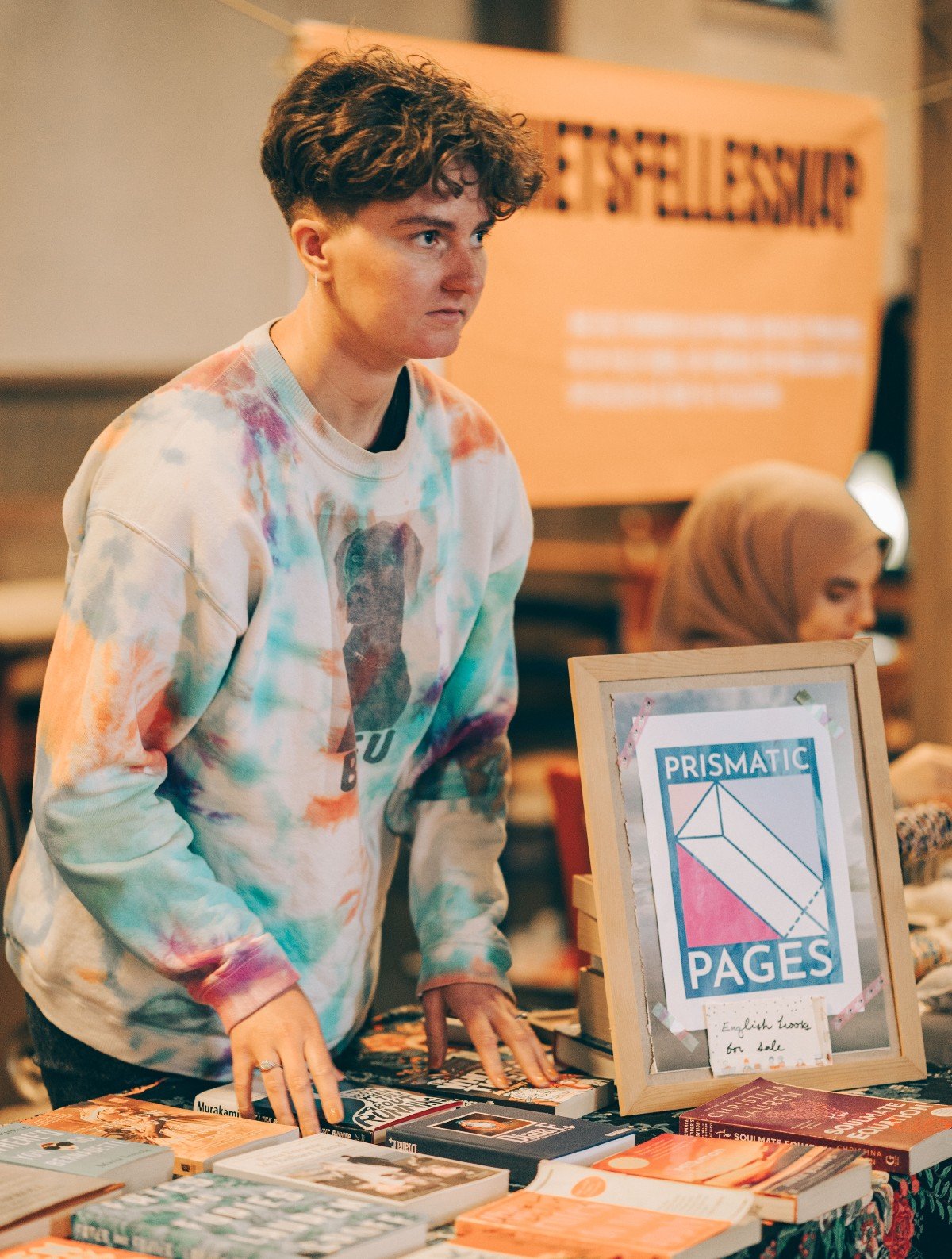France's prolific summer festival season threatens to grind to halt this year as disgruntled performers and technicians strike over a controversial welfare agreement.
Under French law, some 250,000 workers in the film, theatre, television and festival industry benefit from a system under which they are eligible for compensation and social protection for periods when they do not work, in a bid to address the job insecurity they face.
But they are unhappy with a deal reached between some unions, employers and the government in March to try and save money on this loss-making welfare regime – which would increase their payroll taxes among other changes – and argue that conditions to access this unique system are often extremely difficult to meet.
On Wednesday, the first day of the Latin American Rio Loco festival in the southwestern city of Toulouse was cancelled and a flamenco event in Paris was partially called off over strikes.
A month-long theatre festival in the southern city of Montpellier, meanwhile, has been severely disrupted. English singer and actress Jane Birkin cancelled her June 22 show at the event in support of the striking workers.
Performers and technicians are threatening to further their strikes if the agreement is officially signed off at the end of June as planned.
This would threaten many events during the summer season, including the famed arts festival in Avignon, which attracts tens of thousands of people annually and takes place on July 4-27 this year.
"If the state approves the March 22 agreement, we reserve the possibility to apply our right to strike from July 4 and the government will take responsibility for the consequences," artists and technicians at the Avignon festival said in a statement.
The last reform of this special welfare system in 2003 caused huge disruptions to the summer's festival season, forcing the cancellation of the Avignon event for the first time.
Anxious to avoid a repeat of 2003, the government has appointed a mediator who is due to meet with the CGT-Spectacle union leading the protest on Thursday.




 Please whitelist us to continue reading.
Please whitelist us to continue reading.
Member comments